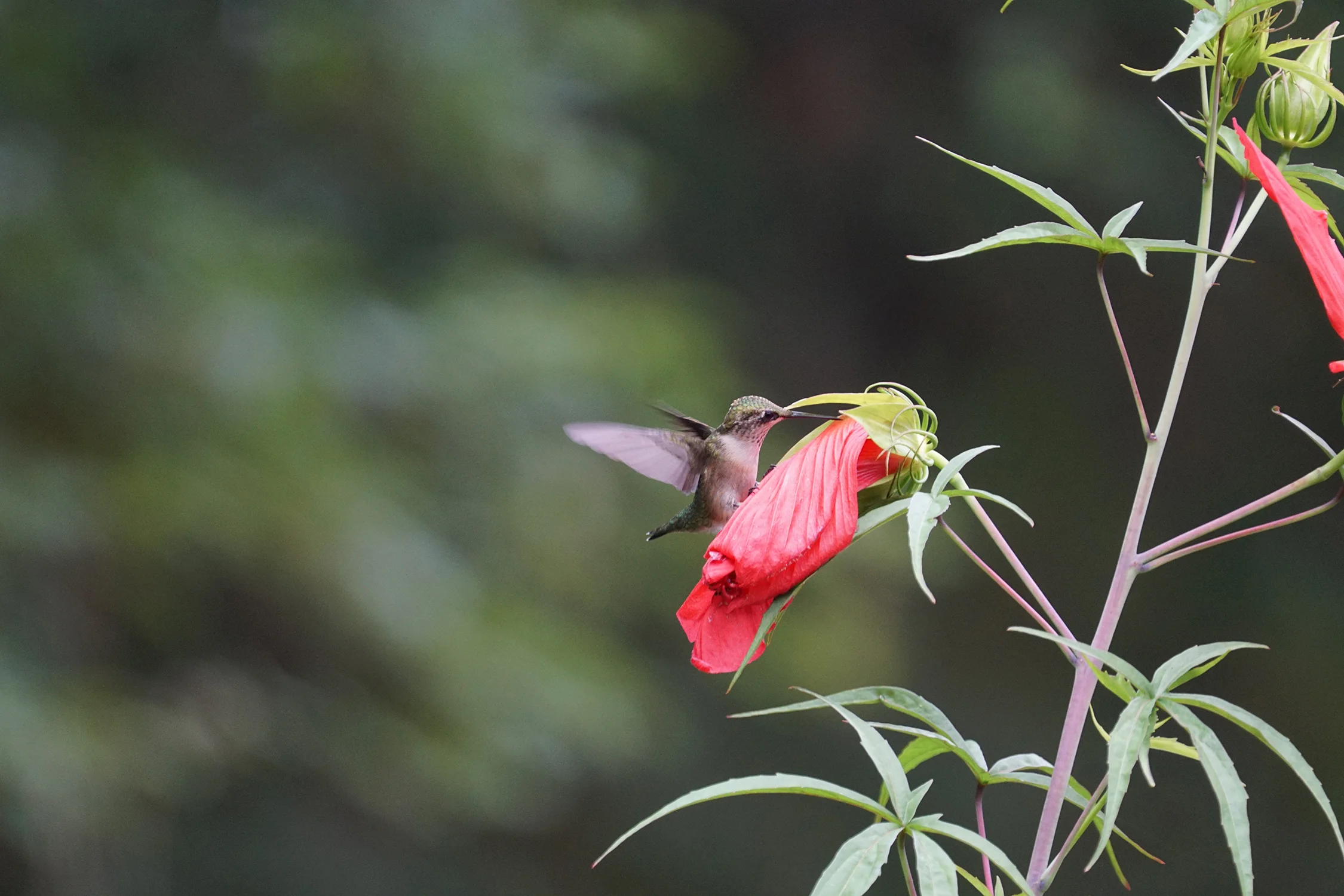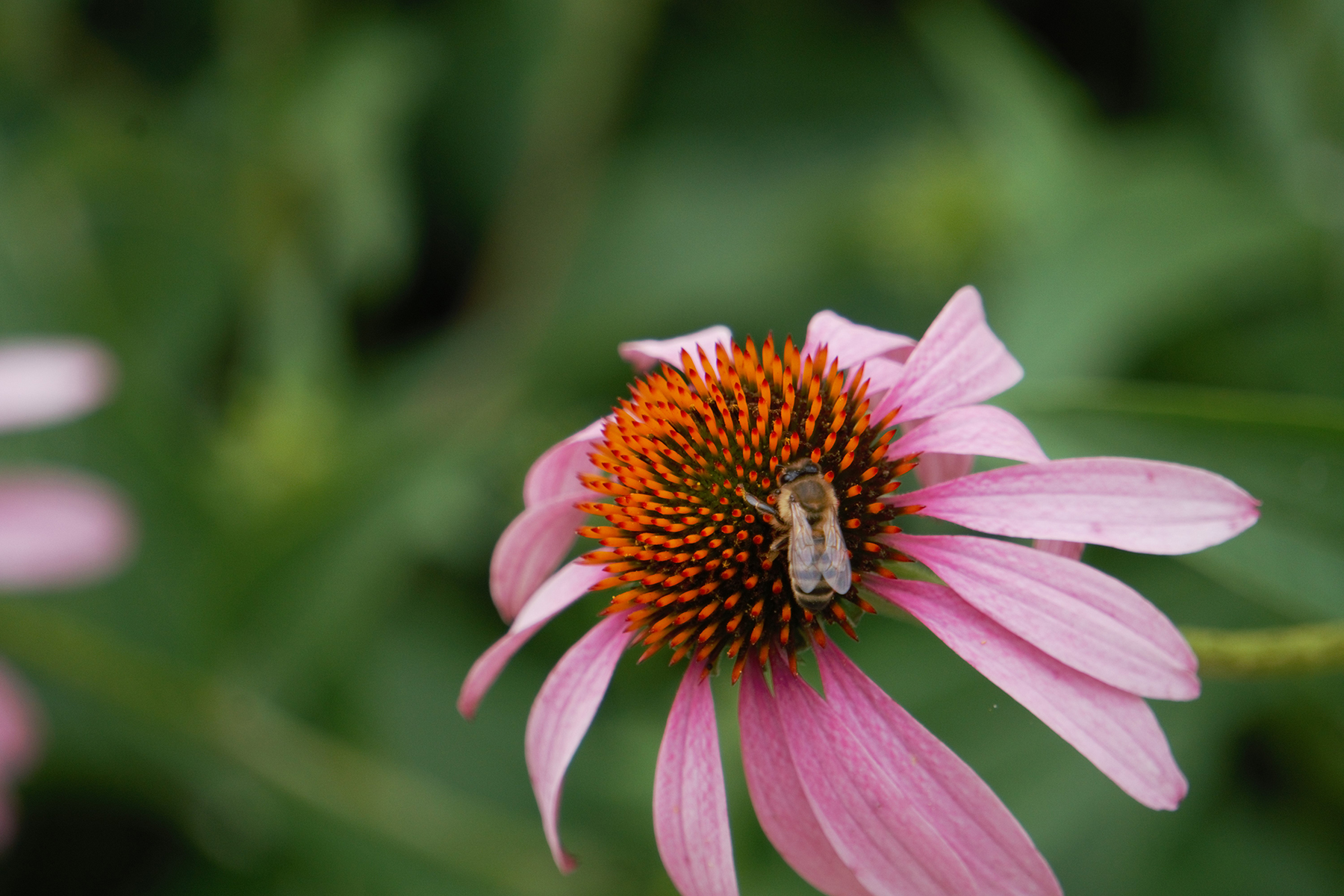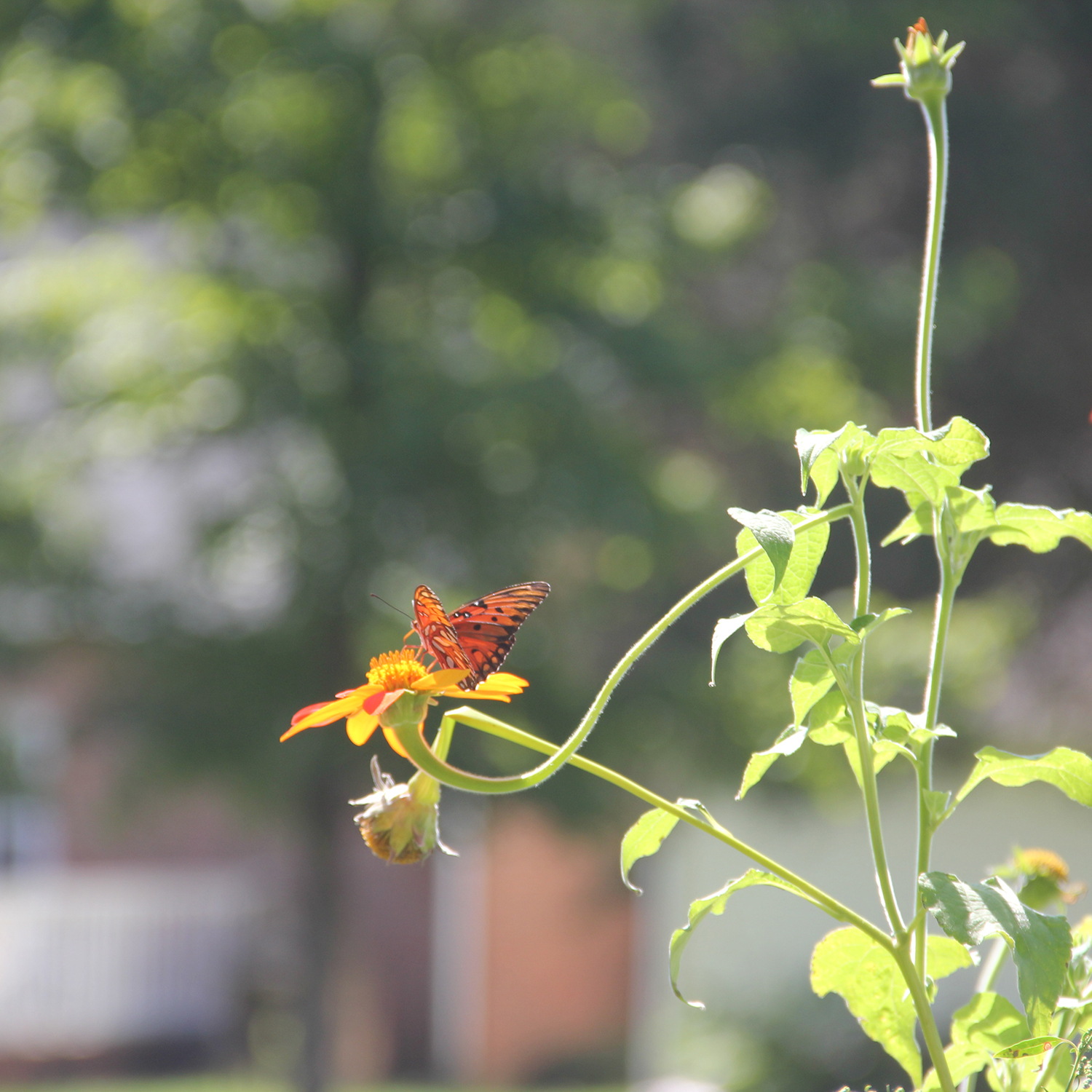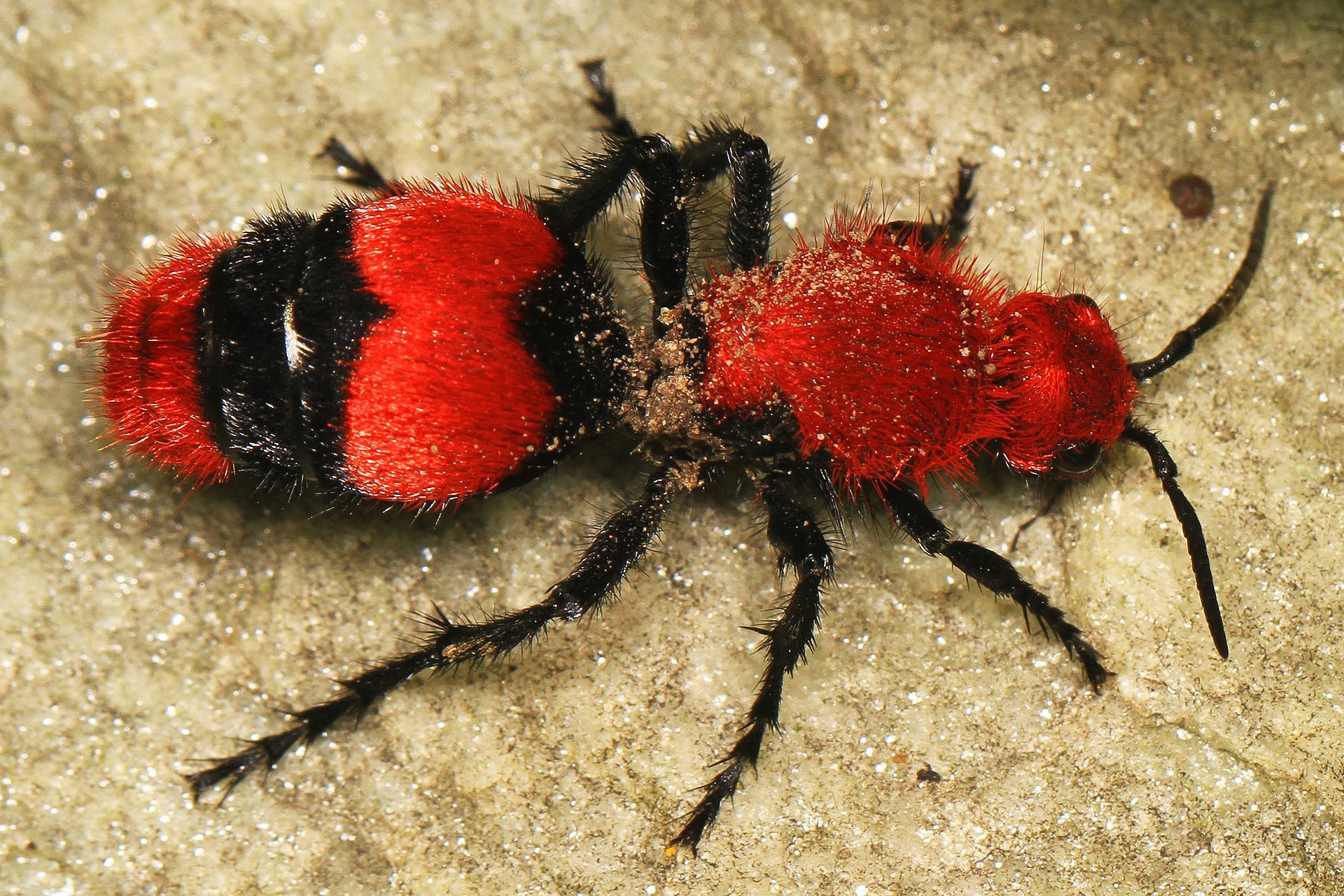Happy Fall! There are several ways to tell that we're into the fall season - a date on the calendar, the weather, and the fall plant sales. Ok, I admit we're only into fall by two out of three there, 'cause the weather sure isn't showing it.
We can't control the weather, but we can sure add to our yards by hitting up some of the sales. Here's a list of them.
Photo by Debbie LeBlanc Foster
Wing Haven Fall Plant Sale
Members only 10/2 from 9-5
!0/3 from 9-5
Here's a link to the list of plants that will be available: https://static1.squarespace.com/static/575b2f93859fd0ac8b82b10e/t/5d8d1ed6824b1c61e60ceae2/1569529558723/2019+FALL+plant+list.pdf
Park only in clearly marked areas.
UNCC Fall Plant Sale
Members-only 10/3. from 12-3. Definitely worth joining to get first dibs!
Sale - 10/4, 10/5 - 9-3
CAB building, UNC Charlotte. 220 CAB Lane, Charlotte, NC 28262
Plants are clearly marked: native plants, rare or choice plants, growing conditions.
Lots of people available to answer questions.
Parking on-site
All proceeds go towards the gardens and greenhouse
CPCC - Cato Campus Annual Fall Plant Sale
Sale - 10/4 - 9-6; 10/5 - 9-noon
Follow this link for more information and a 10% off coupon: https://www.cpcc.edu/news/cato-campus-host-annual-fall-plant-sale-oct-4-5?fbclid=IwAR3pbHhkzypQxmo33eJTLGqvWhuGXIsXMi4V1Lgz1eDnZaPYA0oTMu9dics
Parking on-site.
Grab lots of native plants that benefit our pollinators and wildlife!
Get your fall on, y'all!












